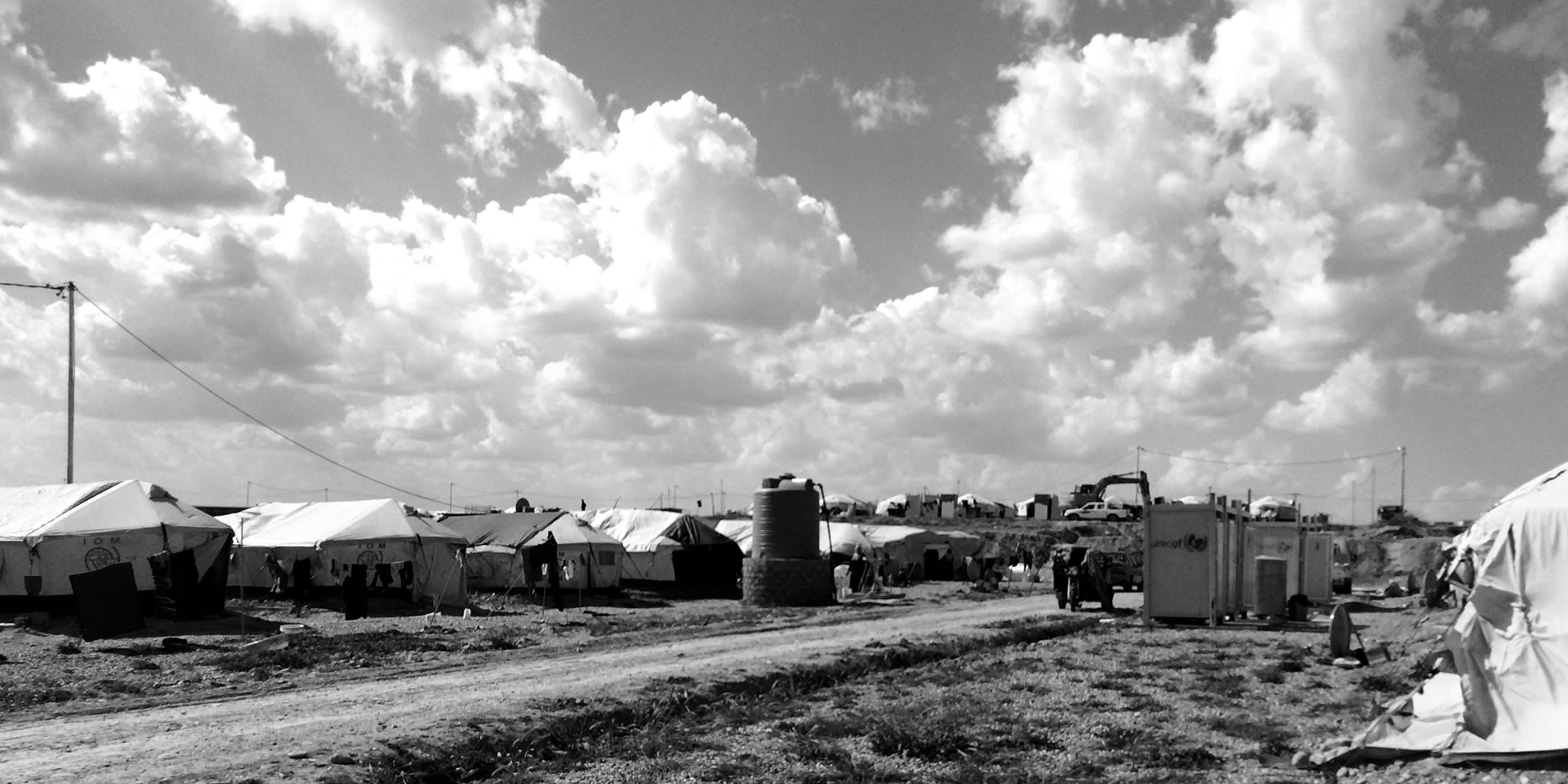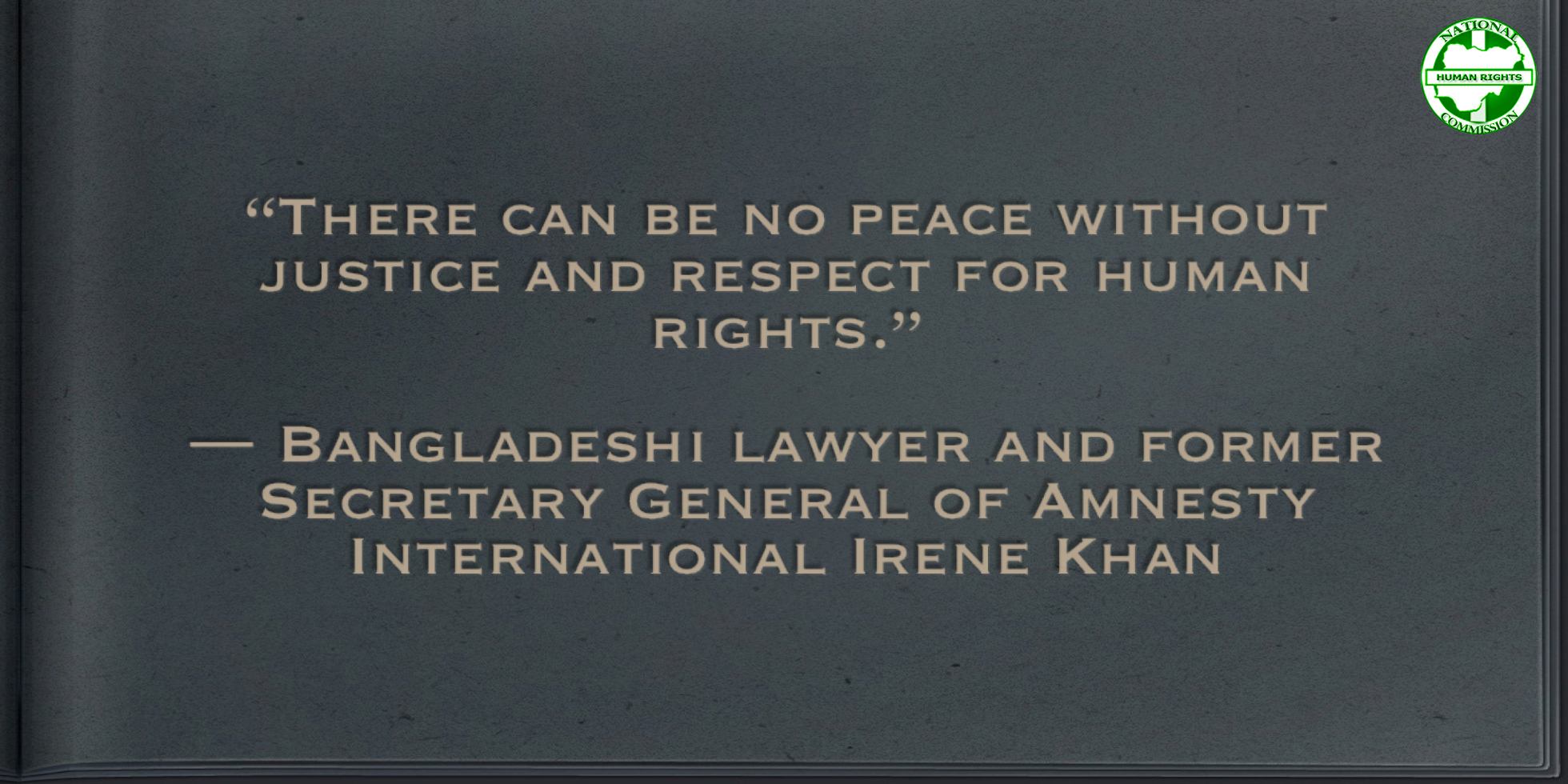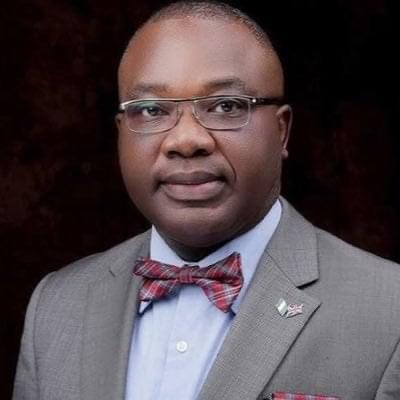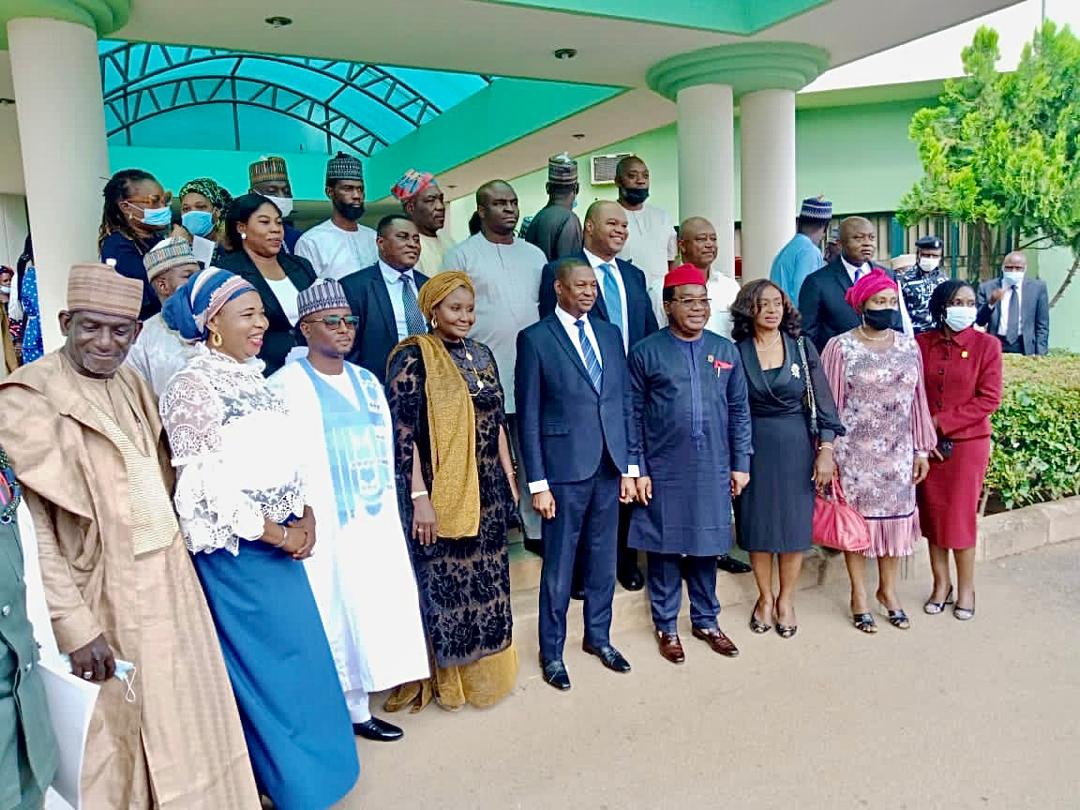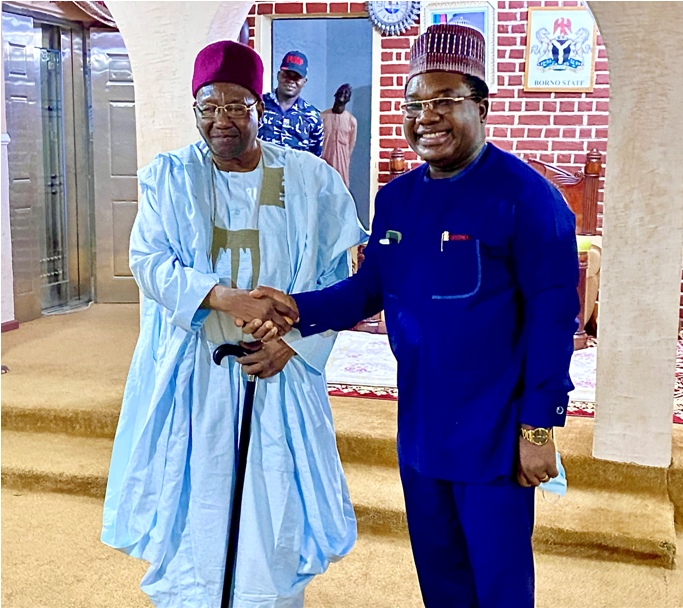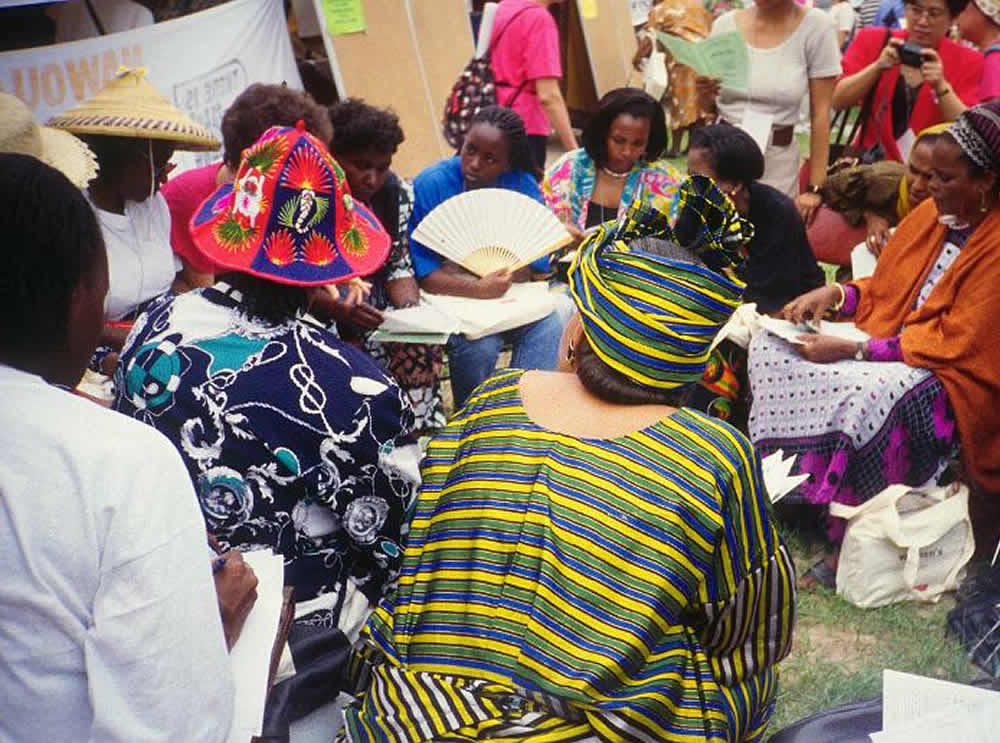The NHRC (Amendment) Act, 2010 has conferred on the Commission additional independence and strengthened the Commission's power with respect to promotion and protection of human rights, investigation of alleged violation of human rights and enforcement of decisions. The Amendment Act has also widened the scope of the Commission's Mandate to include vetting of legislations at all levels to ensure their compliance with human rights norms.
Specifically, the NHRC is mandated to:
- Deal with all matters relating to the promotion and protection of human rights as guaranteed by the Constitution of the Federal Republic of Nigeria, the United Nations Charter and the Universal Declaration on Human Rights, the International Convention on Civil and Political Rights, the International Convention on the Elimination of all forms of Racial Discrimination, the International Convention on Economic, Social and Cultural Rights, the Convention on the Elimination of all forms of Discrimination Against Women, the Convention on the Rights of the Child, the African Charter on Human and Peoples' Rights and other international and regional instruments on human rights to which Nigeria is a party;
- Monitor and investigate all alleged cases of human rights violations in Nigeria and make appropriate recommendation to the federal government for the prosecution and such other actions as it may deem expedient in each circumstance;
- Assist victims of human rights violations and seek appropriate redress and remedies on their behalf
- Undertake studies on all matters pertaining to human rights and assist the Federal, State and Local Governments, where it considers it appropriate to do so, in the formulation of appropriate policies on the guarantee of human rights;
- Publish and submit from time to time to the President the National Assembly, the Judiciary, State and Local Governments, reports on the state of human rights promotion and protection in Nigeria;
- Organize local and international seminars, workshops and conferences on human rights issues for public enlightenment;
- Liaise and cooperate, in such a manner as it considers appropriate, with local and international organizations on human rights for the purpose of advancing the promotion and protection of human rights;
- Participate in such manner as it considers appropriate in all international activities relating to the promotion and protection of human rights;
- maintain a library, collect data and disseminate information and materials on human rights generally
- Receive and investigate complaints concerning violations of human rights and make appropriate determination as may be deemed necessary in each circumstance;
- Examine any exiting legislation, administrative provisions and propose bills or bye-laws for the purpose of ascertaining whether such enactment or proposed bill or bye-laws are consistent with human rights norms;
- Prepare and publish, in such a manner as the Commission considers appropriate, guidelines for avoidance of Act or practice with respect to the functions and power of the Commission under this Act;
- Promote an understanding of public discussions of human rights issues in Nigeria;
- undertake research and Education Programmes and such other programmes for promoting and protecting human rights and co-ordinate any such programme on behalf of the Federal, State or Local Government on its own initiatives or when so requested by the Federal, State or Local Government and reports concerning the enactment of Legislation on matters relating to human rights;
- on its own initiative or when requested by the Federal, State or Local Government, report on action that should be taken by the Federal, State or Local Government to comply with the provisions of any relevant international Human Rights Institutions;
- Refer any matter on human rights violation requiring prosecution to the Attorney General of the Federation or of a State as the case may be;
- Where it considers it appropriate to do so, act as a conciliator between parties to a complaint;
- Carry out all such other function as are necessary or expedient for the performance of these functions under the Act.

Anthony Okechukwu Ojukwu Esq (CEO)

Anthony O. Ojukwu Esq is the Substantive Executive Secretary of the National Human Rights Commission.
He is an avowed human rights defender and committed to improvement of systems, services and working conditions at the NHRC. Read more...
The Departments in the administrative structure of the Commission are: Human Rights Institute, Human Rights Education & Promotion, Finance and Account, Civil & Political Rights, Economic Social & Cultural Rights, Women, Children & Vulnerable Groups, Legal Services & Enforcement, Human Resource Management, Corporate Affairs & External Linkages Directorate, Reform Co-ordination & Service Improvement, Planning, Statistics & Documentation, Directorate of Procurement and Monitoring Department
There are 4 functional units in the Commission, they include:
- Council Secretariat
- Internal Audit
- Complaints Registry
- Information & Communication Technology
The NHRC presently has State offices in all 36 states of the country and the FCT.





